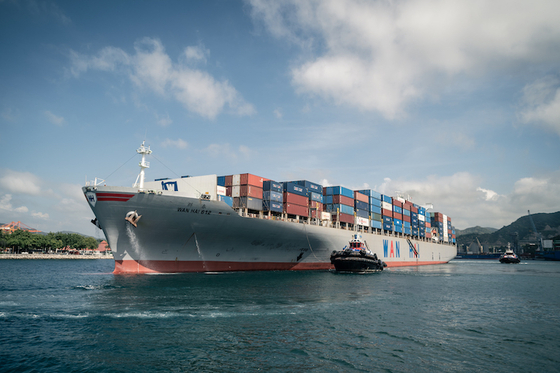Our Terms & Conditions | Our Privacy Policy
Commentary: Preparing for the Changes and Persistent Challenges of 2025
[para. 1] In 2024, the world faced significant and interconnected disruptions due to ongoing geopolitical conflicts in Ukraine and the Middle East, alongside trade wars and economic decoupling that tested the resilience of globalization. These factors are expected to influence the global climate substantially in 2025, suggesting a year of transformational but complex changes for the international community.
[para. 2] The international landscape in 2025 remains precarious, marked by major power rivalries and global fragmentation. Declining cooperation among nations poses significant challenges in addressing urgent global issues. The impact of the new U.S. administration will be critical, and internal political dynamics within key Western nations could further disrupt the established global order due to upcoming elections and economic pressures.
[para. 3] Transformation will dominate the global agenda in 2025, as illustrated by ongoing shifts in various critical domains.
[para. 4] The economic outlook for 2025 is uncertain, with restructuring of global supply chains becoming necessary. The United States has indicated potential new tariffs targeting major trading partners, prompting trade and technology decoupling, thus fueling the formation of trade blocs and reconfiguring global supply chains.
[para. 5] Global public debt is anticipated to exceed $100 trillion, raising concerns about heightened external financing costs and currency depreciation risks, particularly in emerging markets and developing countries. Fiscal sustainability in developed nations is also under threat. Moreover, the rise of digital and crypto assets necessitates regulatory vigilance for maintaining global financial stability and security.
[para. 6] The advancement of artificial intelligence (AI) is rapidly reshaping society. While AI propels scientific inquiry and application expansion, it also introduces risks that could adversely impact humanity.
[para. 7] AI is recognized as instrumental to technological evolution, fundamentally supporting advancements in scientific research while intensifying global competition over data, computing, and algorithms. Notably, Antonio Guterres, UN Secretary-General, cautions against ceding humanity’s future to algorithm-driven decision-making, given the potential for misalignment with human values and ethics, exacerbating social inequality and employment challenges.
[para. 8] The climate crisis escalates, posing serious sustainable development challenges. Record coal consumption in 2024, predominantly in Asia, coupled with a global average temperature rise of 1.5 degrees Celsius above pre-industrial levels, has heightened the prevalence of extreme weather events.
[para. 9] The Paris Agreement faces increased threats in 2025 as continued reliance on fossil fuels and relaxed policies on oil and gas exploration contribute to adverse climate impacts.
[para. 10] Financial support for climate change initiatives remains critically insufficient, with annual global insurance losses due to natural disasters exceeding $100 billion. A UN report highlights a widening annual funding gap needed to achieve the 2030 agenda.
[para. 11] Amidst global shifts in 2025, some constants offer stability. Primarily, the ascendancy of the Global South is undeniable, defined by a commitment to peaceful development and economic integration, and playing a pivotal role in defending multilateralism.
[para. 12] Asia’s dedication to inclusive globalization persists, resisting the tides of unilateralism and trade protectionism. With robust regional economic integration and the resilience of global trade, Asia continues to safeguard supply chain connectivity, spurred by key hubs like ASEAN and China.
[para. 13][para. 14] China’s commitment to reform, opening up, and sustainable development remains steadfast, as emphasized by President Xi Jinping at the UN General Assembly. Despite past challenges, China’s transition to high-quality development and its support of initiatives such as the Belt and Road offer fresh growth opportunities.
[para. 15] The Boao Forum for Asia serves as a vital platform for dialogue and cooperation amid global disruption, focusing on sustainable development and regional economic integration. The forthcoming Annual Conference invites broad participation to foster shared progress for Asia and the global community.
[para. 16] As the Year of the Snake approaches, wishes for prosperity and success abound, symbolizing hope and joy for all in the coming year.
AI generated, for reference only
Images are for reference only.Images and contents gathered automatic from google or 3rd party sources.All rights on the images and contents are with their legal original owners.



Comments are closed.